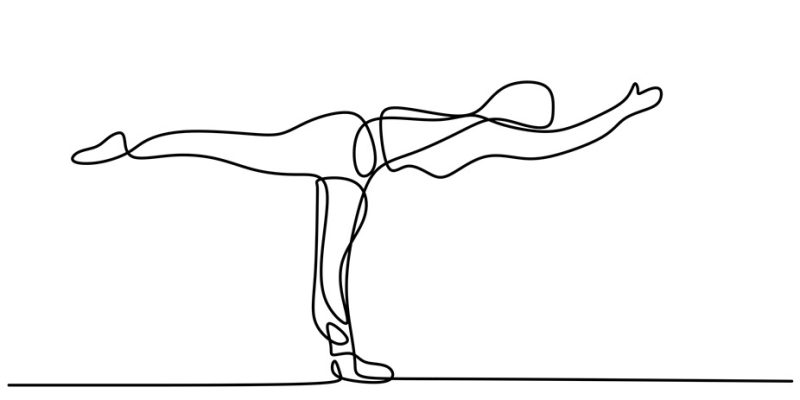
In this article, we discuss how Talk Therapy is used in Body De-Armoring therapies. But, before we embark on that further on in this article, let’s first look at what Talk Therapy involves.
What Is Talk Therapy?
Talk Therapy — also called Talking Therapy — may be any form of psychotherapy or psychological therapy (mind that there are numerous types), usually conducted between two persons in which one is the therapist and the other the client (or patient). Nonetheless, it may also involve more therapists and/or more clients, including entire groups or families.

As the name Talk Therapy already implies it predominantly entails talking (verbal communication) between two parties, typically involving questions, answers, tests, suggestions, directives, and so on, with an aim of supporting people (the clients) in becoming aware of and identify their “issues,” understanding their problems on a cognitive level, and subsequently trying to help change their behavior and emotions, improve mental health, enhance daily functioning, increase happiness and wellbeing, and overcome problems in life or in relationships.
Talk Therapy isn’t necessarily conducted in a live on-site and in-person setting, that is, it’s not uncommon that it’s likewise performed via telephone or online. Although Talk Therapy theoretically may involve only one session, it usually spans multiple sessions over a longer period of time. One of the other characteristics is that Talk Therapy is often legally bound to respect patient confidentiality.
Clients or patients come from all walks of life, being of all age groups, including adults, children and adolescents. The talk therapists may be psychiatrists, psychologists, nurses, massage therapists, bodyworkers, social workers, family therapists, or counselors, just to give you some examples.

Not all talk therapists are necessarily legally regulated, that is, are accredited and certified professional mental healthcare providers; it depends on the country or state what (part of Talk Therapy) may be professed without a license and what not.
Talk Therapy may also be rather a form of counseling or coaching (especially when it’s non-directive and less “medical”) being more focused on guidance in specific areas. Therapy may also address spiritual issues, notably if a client is involved or interested in religion, spirituality, or spiritual domains.
Talk Therapy may be the only tool applied, but it can also be part of broader therapeutic work (or of an integrated therapeutic modality) that may include massage, bodywork, De-Armoring, breathwork, dance therapy, music therapy, drama, psychoactive substances, arts and creative therapies, and whatnot.
Talk Therapy in De-Armoring Practices

In therapies that focus on Body De-Armoring, Talk Therapy typically plays an important additional role.
First of all, it will most certainly be part of a considerable Intake Assessment in which the therapist identifies the issues a client comes for and perhaps already makes a start with supporting the client verbally in addressing and resolving their problems, or at least tries to prepare a client of what may occur during a De-Armoring session.
In addition, it’s important to note here that Body De-Armoring in the sense of Somatic Therapy or Body Psychotherapy already implies an aspect of (verbal) psychological support in the treatment. This is not always strictly necessary (people may resolve, process, and flush out trauma automatically through/during body De-Armoring), but in most cases it will be.
The fact is that in a De-Armoring session, a client may go through moments of fear, anxiety, and disturbing memories, intense emotional and trauma release, and Catharsis, and it’s the task of De-Armoring therapists to support and guide a client in a professional and proficient fashion, making sure that the person doesn’t get into further distress or trauma.
After De-Armoring (which may be one session or several sessions), clients may need proper psychological aftercare in the form of Talk Therapy to discuss the effects and results of a session (or sessions) and maybe support and guidance to integrate the changes and/or insights in their daily life.














